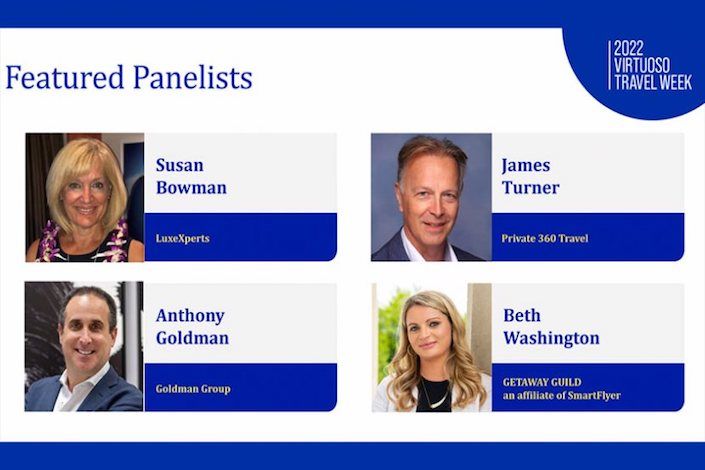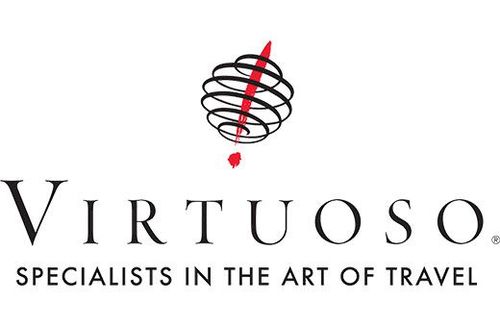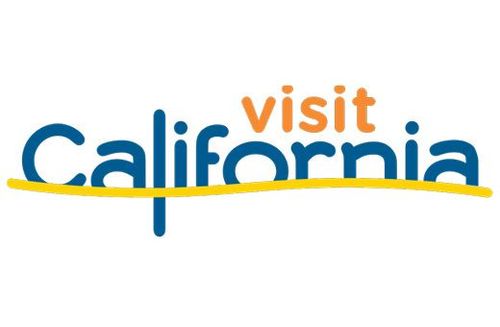Where travel agents earn, learn and save!
News / Helpful tips from Virtuoso on how to value your worth & tap into new travel trends
Value your time and be selective with it was one of the key takeaways for travel advisors at Virtuoso’s press conference

Value your time and be selective with it was one of the key takeaways for travel advisors at Virtuoso’s press conference.
Virtuoso Chairman and CEO Matthew Upchurch, who answered questions from the audience following a panel discussion with agency owners, said that the number one piece of advice he has been telling advisors throughout the pandemic – even at a time when it felt counterintuitive because of the lack of business – is to review and even trim down their client list if need be.
“If you have somebody that really drains your life energy, when you’re a professional in an advisory business, that’s a precious asset,” he said. “And so if you can align your book of business with not only people who spend well but who truly appreciate you and make you feel good and make your job fulfilling, the better it is.”
Susan Bowman of Transat Distribution in Canada, which created a luxury program called LuxeXperts featuring 110 luxury specialists enrolled in Virtuoso, said that part of valuing one’s time and energy includes charging service fees.
“Pre-Covid we were quite vocal about charging service fees but some of our franchisees and agents at home resisted. But that has completely changed. They are very big advocates now of charging professional fees,” said Bowman.
Going one step further, Bowman suggests having clients book simple transactions online and then simply managing the booking in the backend.
“So we pick it up, we look at it and make sure everything’s done perfectly. And it serves a purpose because you’re not walking that volume,” she said. “We had 3,400 travel professionals pre-Covid and we’ve lost a third. That hurts. We’ve just gained 100 back in the last month but it’s not enough to meet demand.”
According to new data from Virtuoso, booking trends through July indicate a strong fall season ahead, with volume actually surpassing 2019 levels. Travel sentiment is also trending up, with 78% of Virtuoso travellers saying they’re ready to travel now, and 65% saying that current air travel complications will not deter them from their travel plans. When it comes to how far they’re willing to travel, 58% said they’d board an international flight and 34% said they’d fly domestically.
A majority of travellers (62%) plan on travelling to multiple destinations compared to 38% who’d prefer to stick to a single destination. As for top summer destinations this year, the United States, Italy, France, Canada and Greece made up the top five, followed by the United Kingdom, Spain, Mexico, Ireland and Switzerland.
Here are more insights from yesterday’s press conference:
Are rates artificially inflated or is this just the new normal?
When asked whether high travel prices mean we’re in the middle of a travel bubble, Anthony Goldman from Goldman Group in Australia said the current travel landscape is more like a travel tsunami, with inflated prices expected to remain for at least the next 12-18 months.
“Obviously, it has to do with supply and demand. We have been coping with a lot of pent up demand, but I think moving forward I think we’ll probably see an inflated norm. Once rates increase, they’re very hard to decrease,” said Goldman.
Commenting on the mass market, Bowman noted that current prices with four of the biggest companies in Canada are averaging an increase of 5%-37% over 2019.
“So while you get the immediate reaction of ‘I don’t care what it costs, I’m tired of being home, we’re not sure it’s sustainable for a second time. So we’re looking forward to when things do start to stabilize, airports start to operate, hotels get more staff, etc. And we’re hoping that the winter season will actually see a bit of normalization,” said Bowman.
However, she noted that the opposite is true for luxury travellers who think current prices are the new normal.
“They are booking, we cannot get over what they are spending and they are not complaining. So we’re seeing two different polar opposites in the market,” she added.
What are the greatest obstacles for agencies right now?
Speaking for the Canadian market, Bowman highlighted the ongoing delays at Toronto Pearson International Airport, where nearly half of the Canadian population travels through, and the luggage-handling challenges still being seen at Canada’s “Big 3” airports: Toronto, Montreal and Vancouver.
“We’re taking a lot of cancellations because people just don’t want to deal with it,” said Bowman. “The government has imposed an ArriveCAN app, which means if you’re in Egypt and can’t get Wi-Fi to load the app, you’re in another lineup when you come back to Toronto. So it’s really tough to travel right now.”
Bowman added that these challenges are leading to inbound cancellations as well.
“If you’ve booked in Europe and you’re flying in to Canada and you can’t get a car rental in Vancouver to go and see the Rocky Mountains, or you go to Prince Edward Island where if you don’t have a car, you actually can’t go anywhere except stay in the airport – it’s a problem. We have a few infrastructure problems to fix before things are really going to come out of this bubble,” said Bowman.
Beyond these logistical and operational challenges, Beth Washington of Getaway Guild, an affiliate of SmartFlyer in the United States, said limited space is proving to be a challenge for travellers looking to book last minute.
“We’ve seen so much last-minute demand and unfortunately for the summer, the space is not there because other people have rebooked their trips from the past few years,” said Washington. “So we are seeing people say ‘let’s think about this for 2023 instead of trying to plan it so last minute.’ I think the lesson that we need to teach our clients is you need to be planning further ahead now because if you try to plan last minute, the space isn’t going to be there.”
What are travellers looking for?
The panel highlighted several travel trends that have emerged as a result of the pandemic, including ‘skip-gen travel,’ where grandparents take their grandchildren on trips to make up for missed celebrations, couples travelling without their children to reconnect, as well as working holidays. Repeat and past cruisers are back to cruising, and the average time spent away is also increasing.
Bowman noted that bookings for private villas continue to be strong, and that the drive market is doing particularly well, both domestically and into the U.S., with Canadians looking to avoid flying through airports. On the other hand, there’s been a resurgence in antiquities in Egypt (“I don’t know what’s happened but everybody wants to go to Egypt”) as well as other long-haul destinations.
“They want the bragging rights, they want to go somewhere they’ve never been before. Vietnam, Cambodia, we’re seeing a lot into unique places that maybe were viewed as a little bit more dangerous or a little bit harder to get to and now it’s on their bucket list,” said Bowman.
Another big trend that Bowman has seen emerge from the pandemic is combination travel, where people are combining several reasons to travel into one big trip.
“People are going to visit family, then taking a vacation right after, and then working from there in destination, for a total of three or four weeks. So these reasons for travel are all merging together, which is great,” said Bowman.
Source: Travelweek









